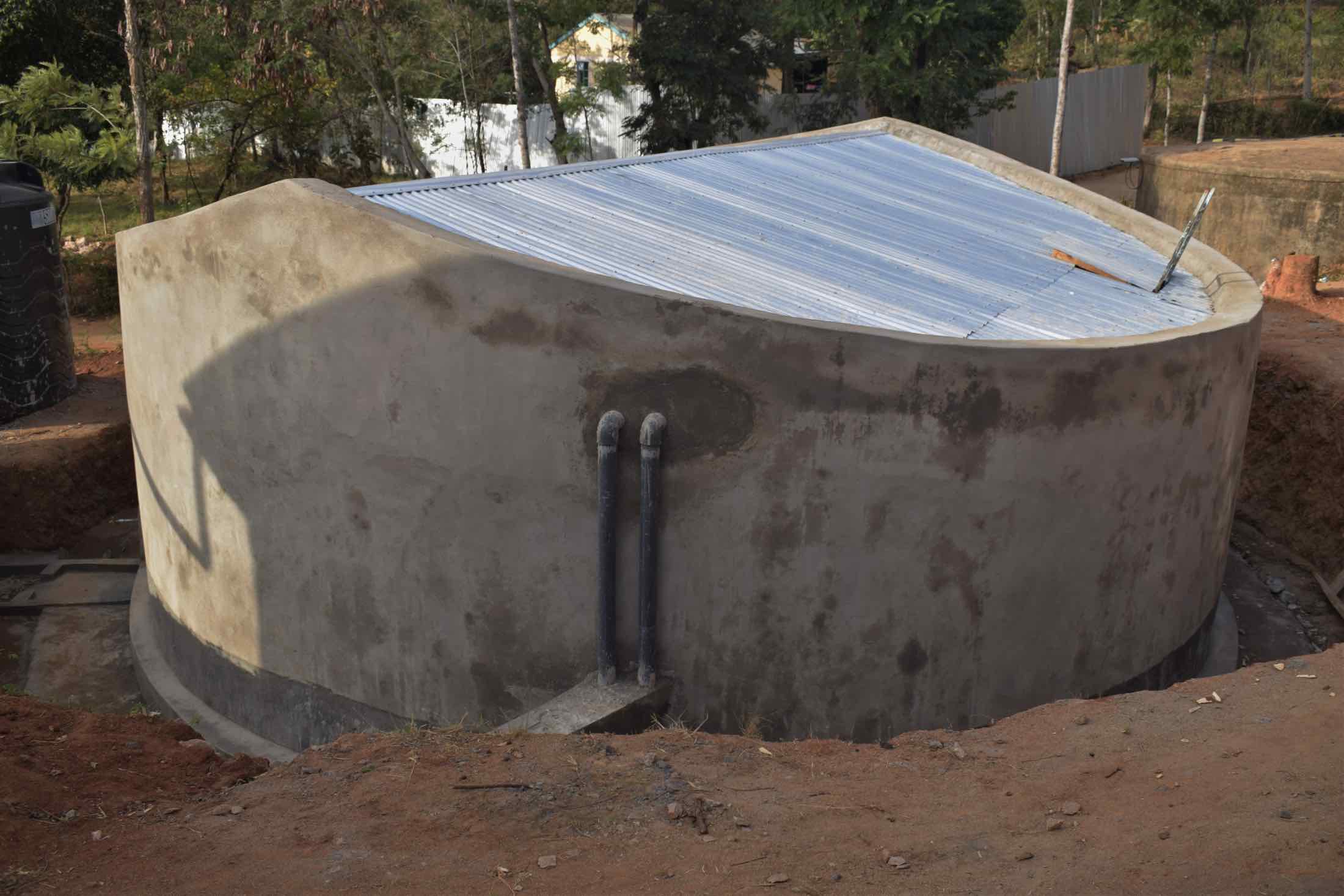Nzeluni Girls Secondary School was started by the Africa Inland Church in 1978. It has grown through support from the government, local community leaders, the Mwingi West constituency development fund, and the Kitui County government.
The school is a girls' boarding secondary school with a high population and, consequently, high water demands. The 590 students here depend on a community borehole that cannot meet the water needs of a school population their size. The borehole is also prone to breakdowns and vandalism cases, both of which force the school to purchase water from water selling carts and trucks. Water vendors here keep their prices high, making this an expensive commodity. Money and time that could be spent improving the school and on academics are being wasted on water.
"Our school is a girls' school, and the water need is very high. Our main water source is currently unable to comfortably supply us with water, which has necessitated a rationing plan," said Principal Lucy Mwenda.
And since the well is not on the school grounds, time is wasted traveling from school each day to fetch water. Students are provided with 5 liters of water per day for all their water needs - far less than the United Nations standard of 25 liters a day per person. The girls must choose how to use their water each day, often sacrificing showering or cleaning their clothes on some days just to have enough water to drink.
"I have never been provided with enough water while in school. This has really compromised my basic hygiene and sanitation standards to save on the little available water. There are cases of water theft among students because of the lack of enough water supply," explained student Winnie.
A rainwater tank would help address the school's water challenges by providing more water to the school population.
Rain Tank
We will build a 104,000-liter rain tank for this school, making the others look tiny in comparison. Because of how rarely it rains in Southeastern Kenya, this tank's large volume is designed to store as much water as possible during the seasonal rains, making more water available through the dry months. This water will benefit the students, teachers, and supplementary staff.
Parents will mobilize the materials needed for construction, including sand, stones, and water. They will also lend their strength and time to help with the construction. We will complement their materials with a skilled artisan to lead the project and provide the tools, lumber, metal, cement, and gutter system.
As soon as the tank has time to cure, it can begin collecting rainwater for the school's use.
Training
We will train students and staff on sanitation, hygiene, and other topics for one day. Those in attendance will form a school health club that will promote good hygiene and sanitation practices at school and home. They will learn all of the steps to proper handwashing, how to treat water, and how to keep their environment clean. The school will also be taught how to oversee best and maintain their new rain tank and handwashing stations.
Handwashing Stations
A total of 3 handwashing stations will be installed upon the project’s completion and before training. These are 1,000-liter plastic tanks fitted with 3 taps each, allowing 9 students to wash their hands at once. The student health club and school management will be responsible for making sure the tanks are filled with water and that a cleaning agent such as soap or ash is always available.

 Rainwater Catchment
Rainwater Catchment
 Rehabilitation Project
Rehabilitation Project




























